NE LAISSER PAS LE 5G DETRUIRE VOTRE ADN Protéger toute votre famille avec les appareils Quantiques Orgo-Life® Publicité par Adpathway
HONOLULU – 20 Mai 2024 – Les autorités sanitaires d’hawaï ont confirmé un cas de zika lié à un voyage sur l’île d’Oahu, ce qui incite à la prudence. Le virus Zika, transmis par les moustiques, a été détecté chez une personne ayant séjourné dans les secteurs de Waialua et haleiwa.Les voyageurs doivent être plus vigilants.Restez informés pour plus de conseils sur la prévention du Zika.
Hawaii health officials have just confirmed a travel-related case of Zika virus on Oahu—the first such detection in the state since 2019. While the virus was not contracted locally, the Department of Health is urging travelers to take precautions, especially on the island’s north shore in the Waialua and Haleiwa areas, where the infected individual spent time.
Vector control teams are actively working to prevent any potential mosquito-borne transmission. The state has not issued any restrictions, but the fact that visitors are mentioned in this alert is a reminder that visitors play a role in preventing the spread of mosquito-borne diseases in tropical destinations.
Why Zika virus matters for Hawaii travelers.
Zika is primarily spread by mosquitoes. Most people infected do not experience symptoms, but the virus poses serious risks during pregnancy—including birth defects and other complications.
The Centers for Disease Control and Prevention advises anyone pregnant or planning pregnancy to consult their doctor before traveling to areas where Zika has been identified. Hawaii is not classified as an outbreak zone, but the presence of the Aedes mosquito in the islands means transmission could occur if precautions are ignored.
State health officials confirmed that this is the first known Zika case tied to Hawaii travel in more than five years. During the 2015–2017 global Zika outbreak, Hawaii reported multiple travel-linked cases but avoided local spread. Officials hope to continue that record, with visitor cooperation being one key.
Where the Zika case was detected in Hawaii.
The individual who tested positive for Zika had visited Waialua and Haleiwa on Oahu’s North Shore. These beachside towns are popular with visitors seeking a quieter alternative to Waikiki, offering access to lush hiking trails among its other attractions.
There are no closures or travel advisories for the area, but mosquito mitigation teams are spraying and monitoring affected zones. The Department of Health says two other people may also have been exposed and are being evaluated at this time.
Although no locally transmitted Zika cases have ever occurred in Hawaii, health officials consider any confirmed case reason enough to increase public awareness—especially in places with high visitor traffic.
How Hawaii travelers can reduce mosquito risk.
Zika prevention is focused around avoiding mosquito bites. Hawaii’s Department of Health recommends taking steps for anyone spending time outdoors, particularly in North Shore communities or other warm, humid parts of the islands.
Use insect repellent approved by the EPA that contains DEET, picaridin, oil of lemon eucalyptus, or IR3535. Reapply as needed, especially after swimming or sweating.
Wear lightweight long sleeves and pants, even during the day. The mosquitoes that carry Zika are active in daylight hours.
Stay in screened or air-conditioned accommodations. If not available, use mosquito nets.
Eliminate standing water at vacation rentals, including in buckets, planters, and even outdoor toys or gear.
Most importantly, travelers returning from an area with Zika risk—including Hawaii when travel-linked cases are active—should avoid getting bitten for at least three weeks to help prevent mosquito transmission back home.
What if you have any symptoms after your Hawaii trip.
Zika symptoms are typically mild and may include fever, rash, red eyes, muscle pain, joint pain, or headache. They usually last less than a week and are often missed or mistaken for other illnesses.
If you develop any of these symptoms within two weeks of leaving Hawaii—or any destination where mosquito-borne viruses are possible—contact your doctor and mention your travel history. Testing is usually only done if symptoms are present.
Though rare, Zika has been associated with serious complications like Guillain-Barre syndrome and other neurological issues. Awareness remains the best protection.
What this means for North Shore Oahu travel.
For now, travel to Haleiwa and Waialua continues and should pose no issues. Visitors in the area are advised to take basic mosquito precautions, and those planning to visit soon should come prepared with repellent and protective clothing. Taking a few extra steps to prevent bites can help protect you and the islands from more serious consequences.
Remember that Hawaii has never had a locally transmitted Zika outbreak and that the Department of Health continues to respond quickly when travel-related cases are identified.
This is not the first time the North Shore has seen enhanced vector control. It has happened during past alerts for dengue and other mosquito-related issues. Each time, Hawaii avoided wider spread, thanks in part to cooperation from visitors and residents.
Pregnant travelers or those with health concerns should consult the latest CDC guidelines and speak to a medical professional. For most others, a few mosquito precautions are all that’s needed to travel responsibly.
If you’re traveling to Hawaii this summer.
And, especially to areas around Haleiwa, take a moment to at least think about mosquito protection. Beat of Hawaii editors will be on Oahu’s north shore in the next couple of weeks and will be doing the same thing. Pack what you need, stay aware, and help protect the islands by being part of the solution.
Get Breaking Hawaii Travel News


.png) 1 month_ago
19
1 month_ago
19

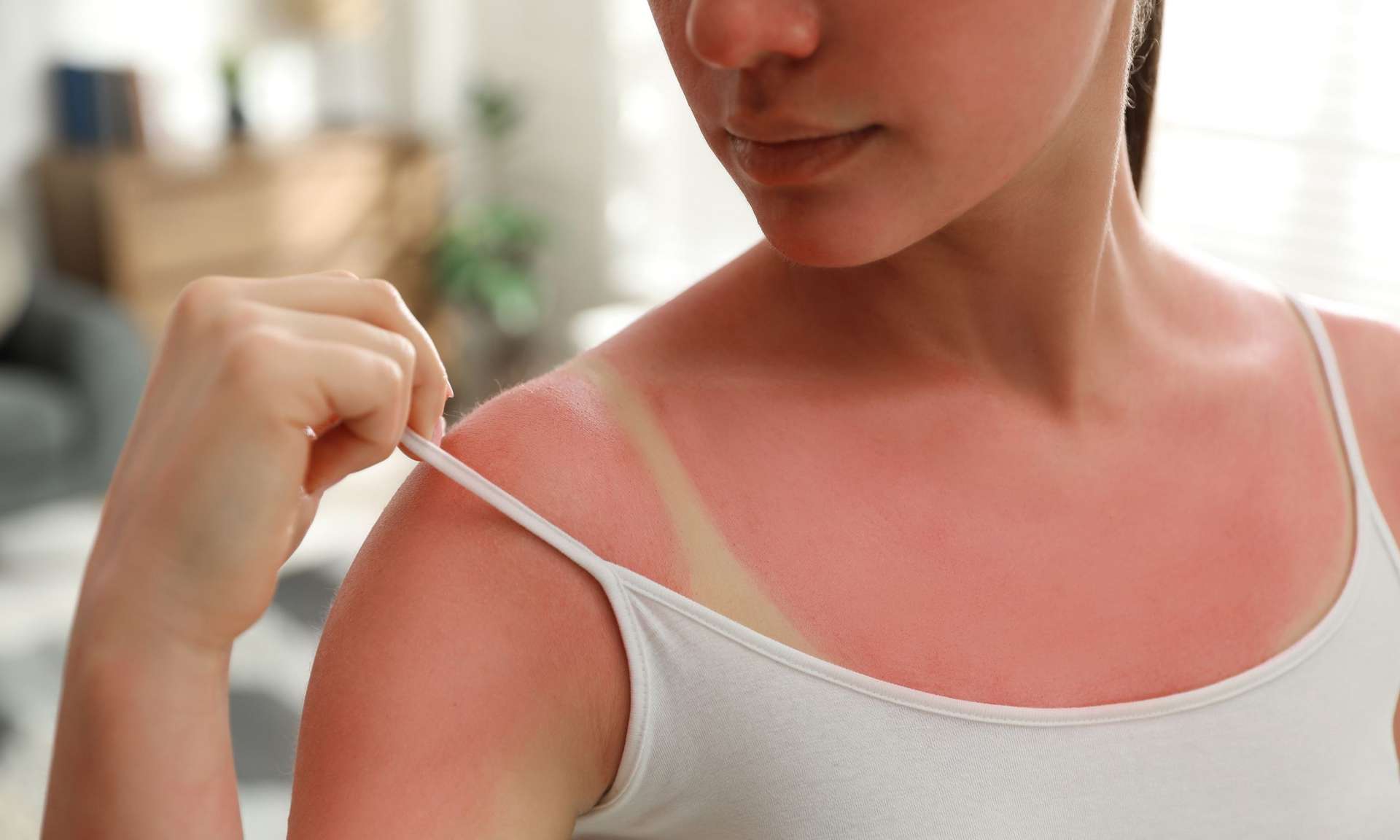


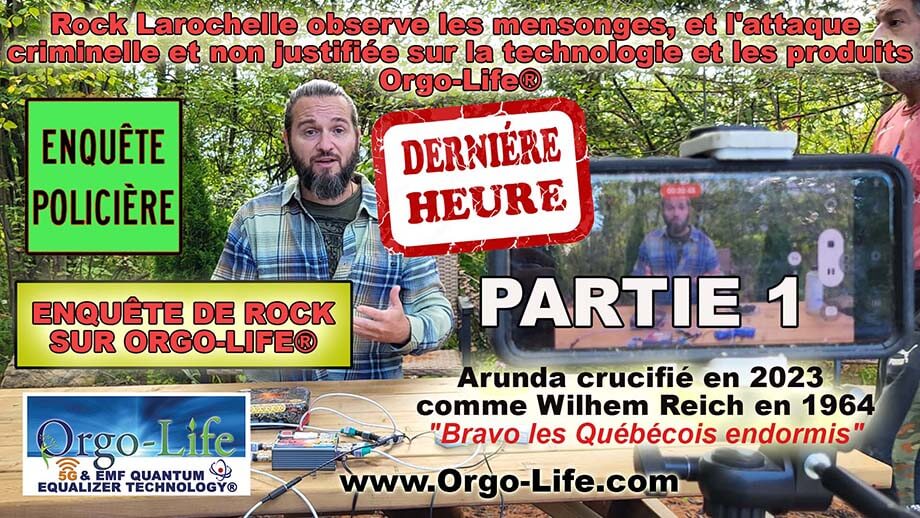
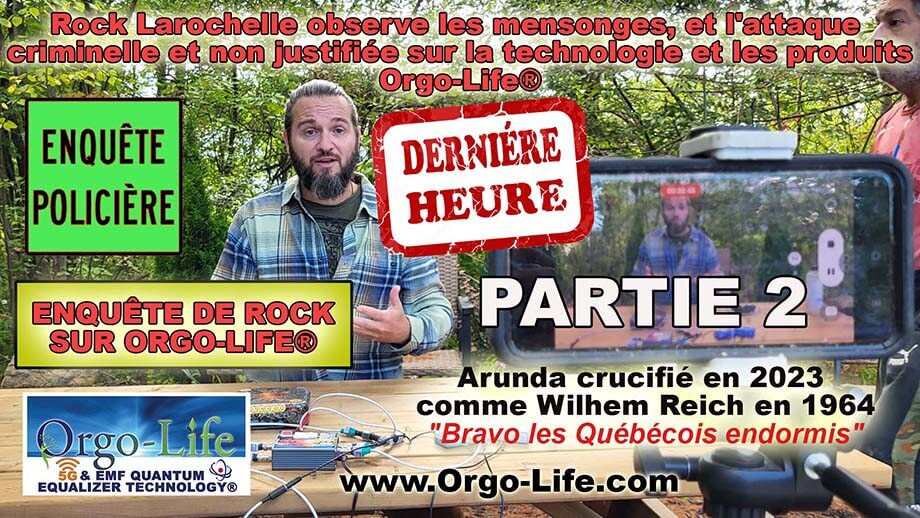


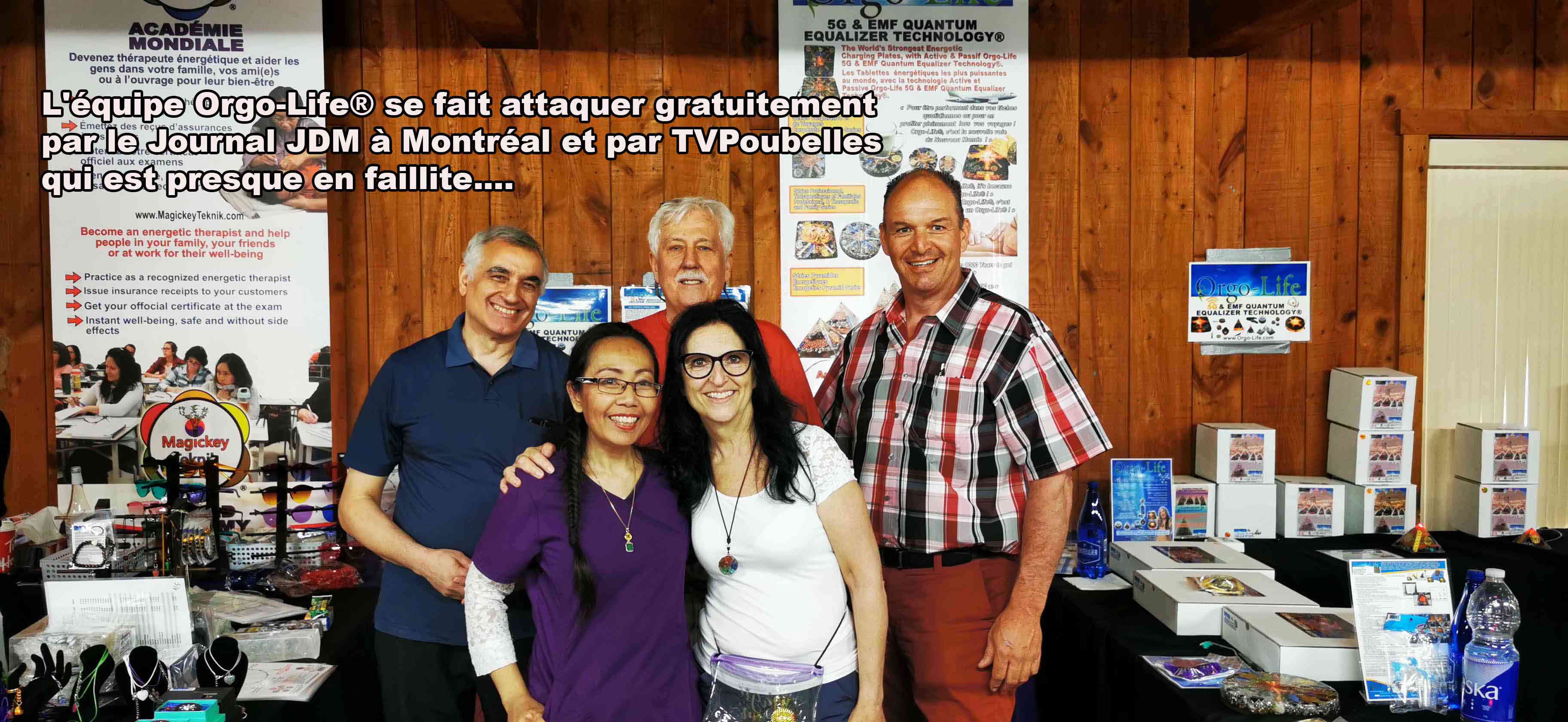


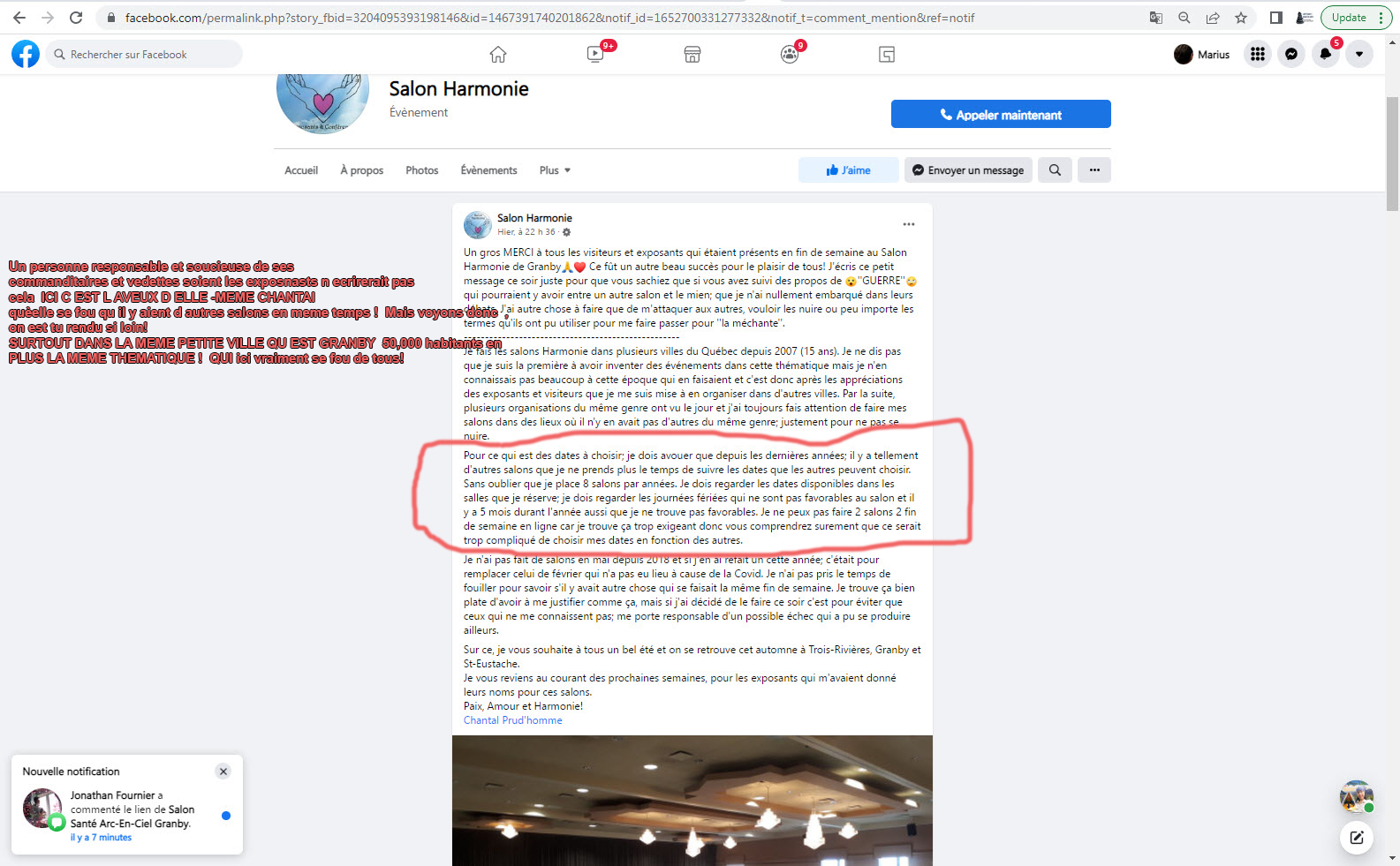



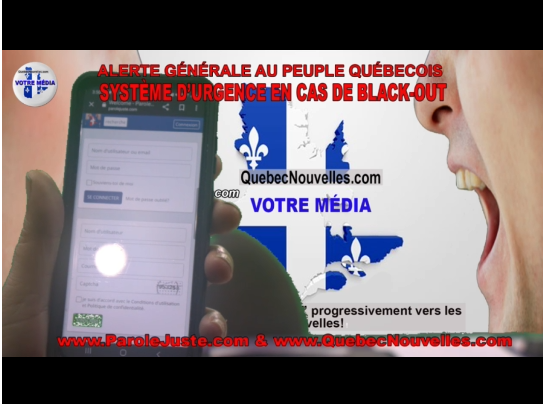

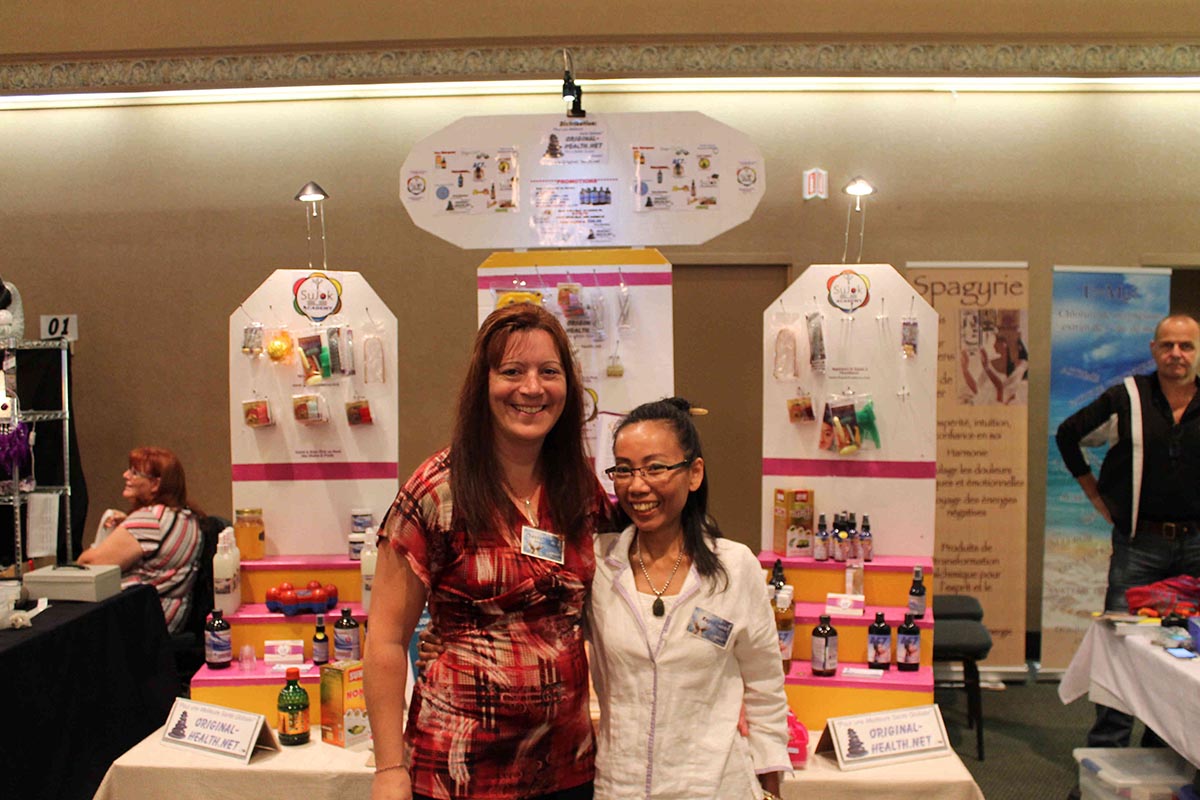
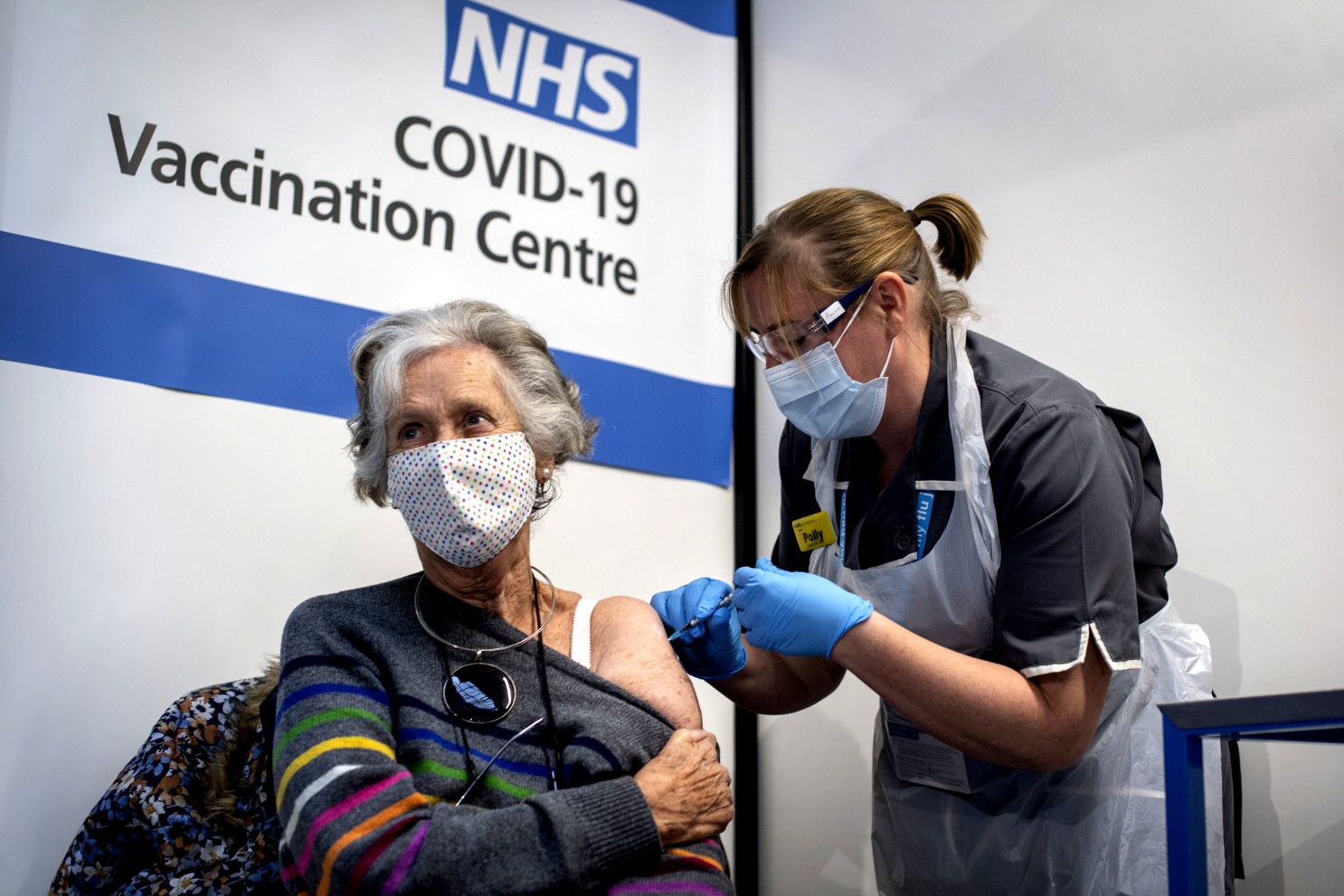

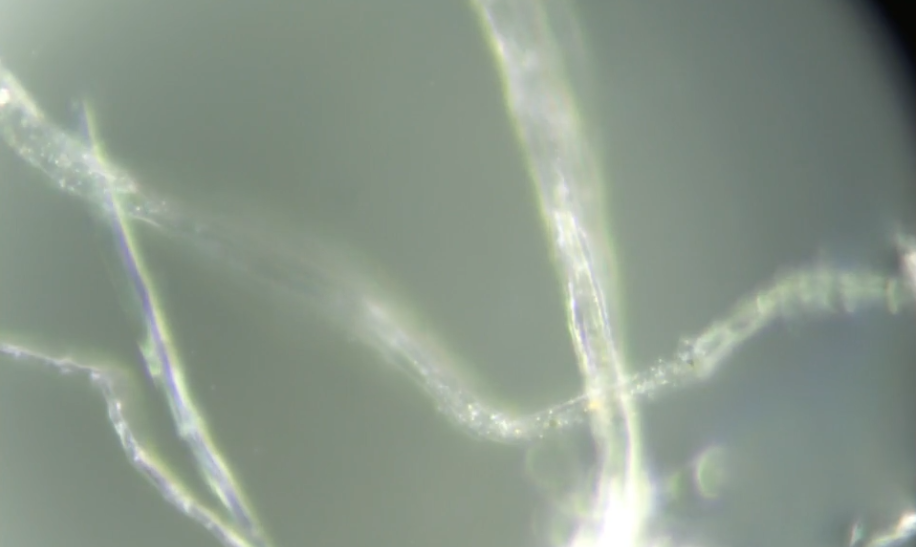


 French (CA)
French (CA)